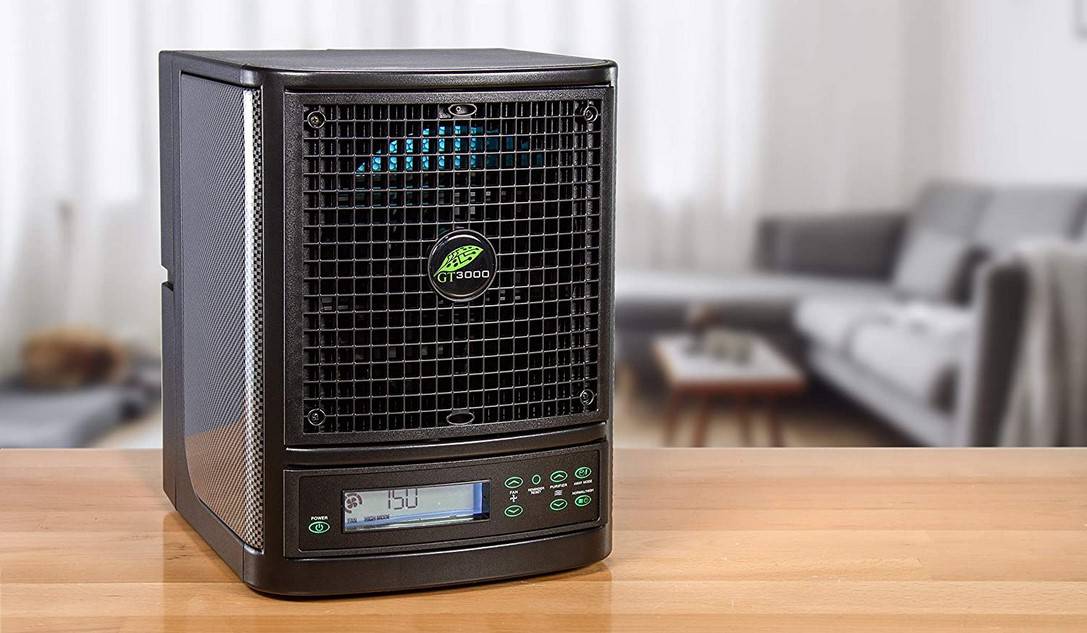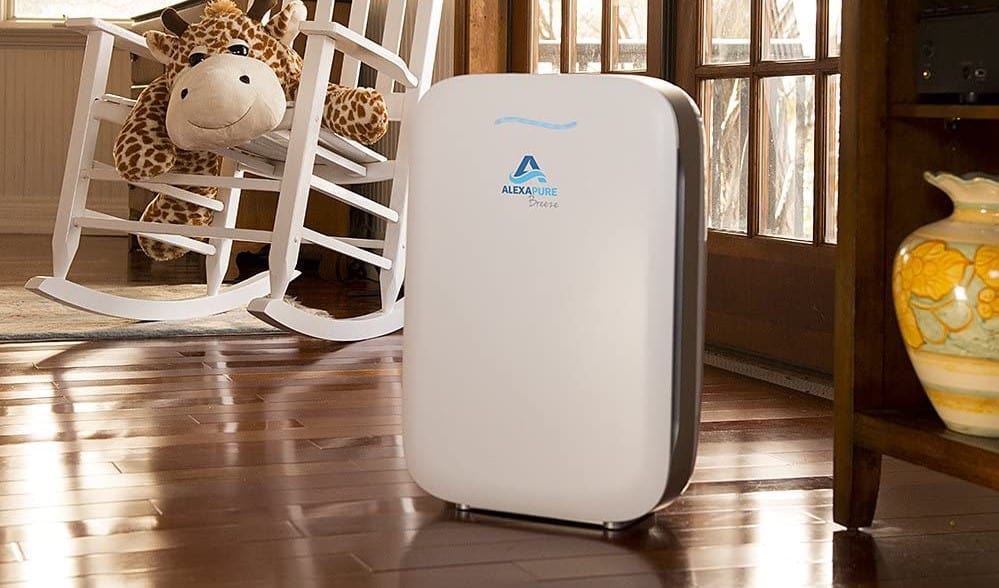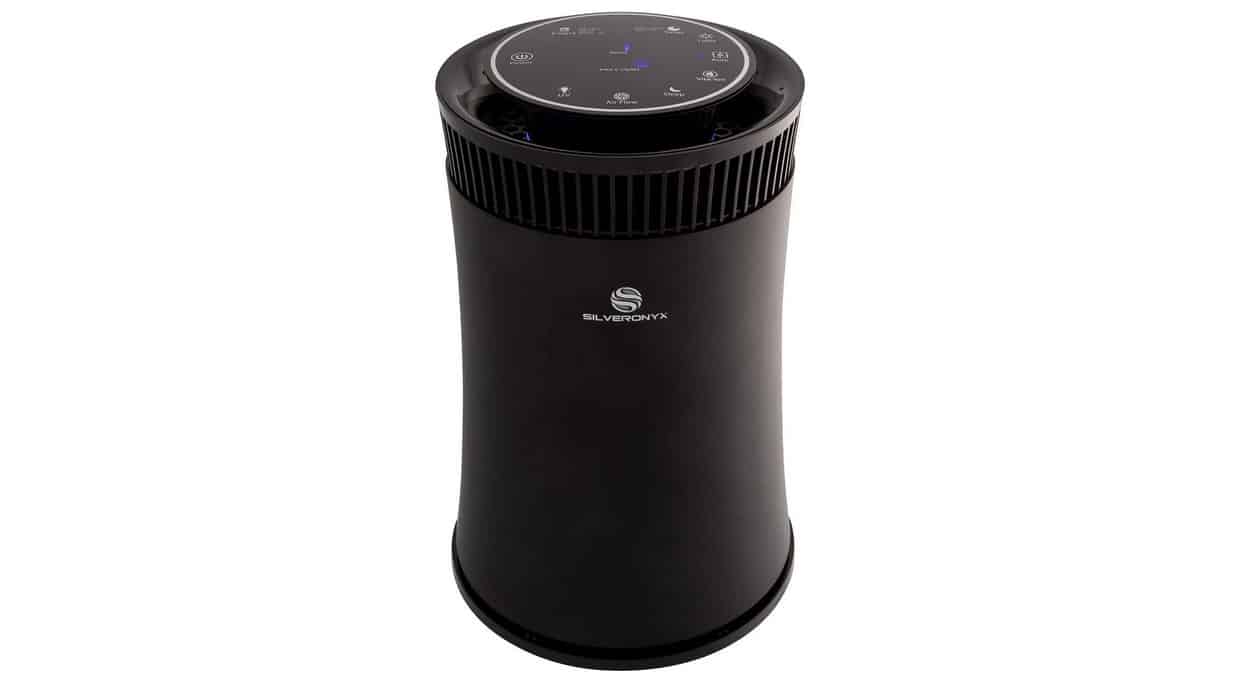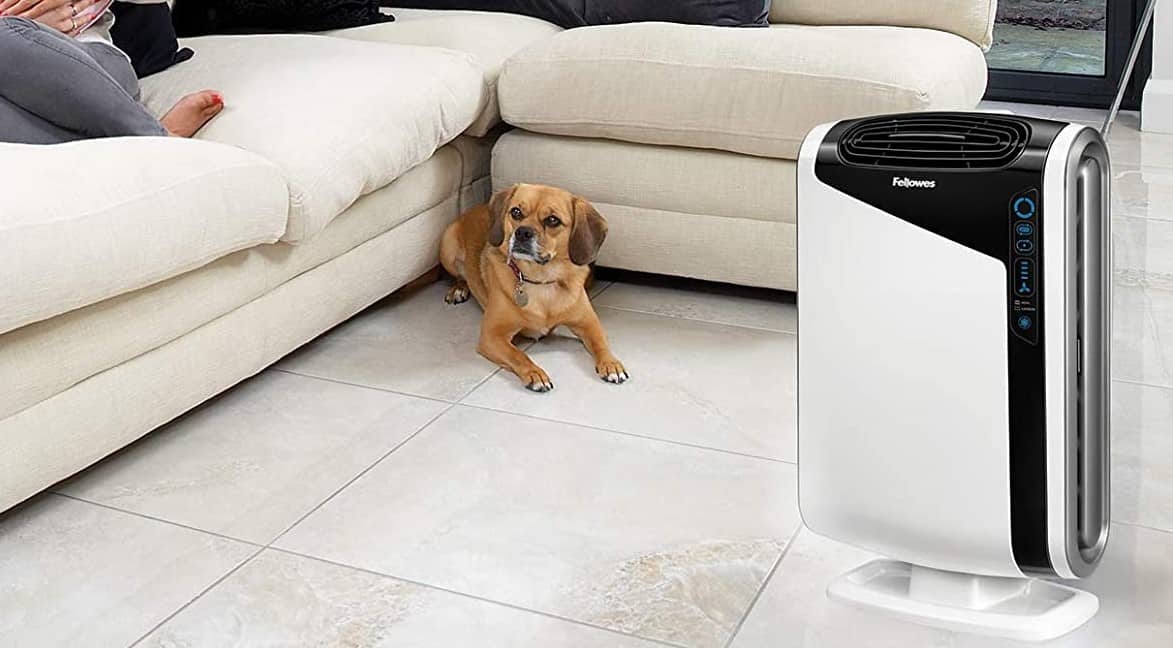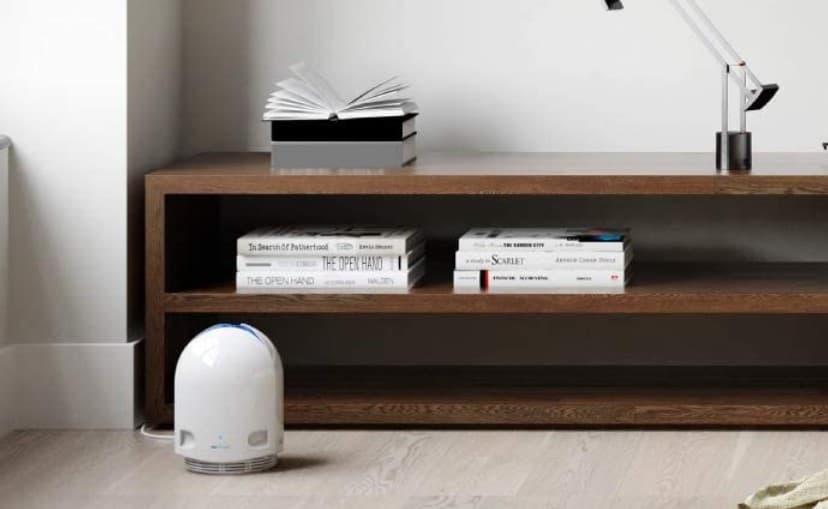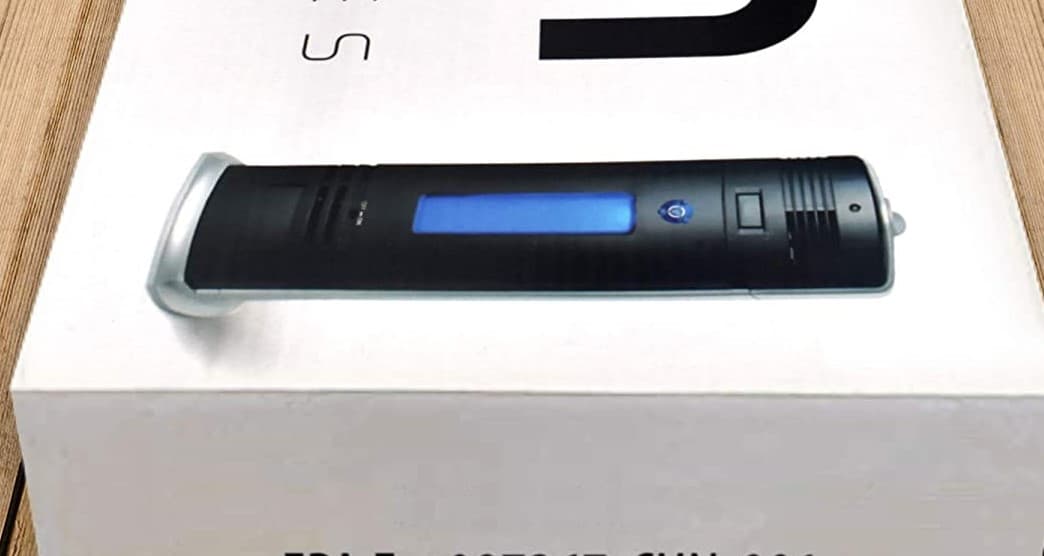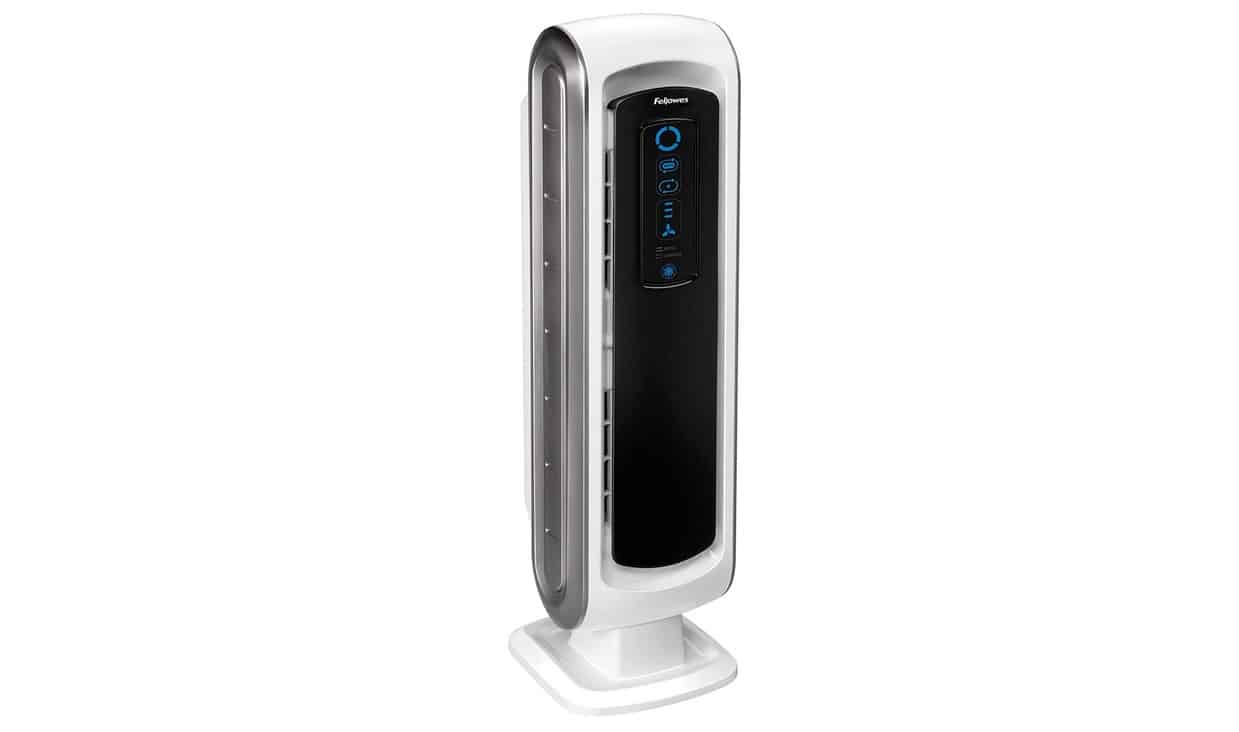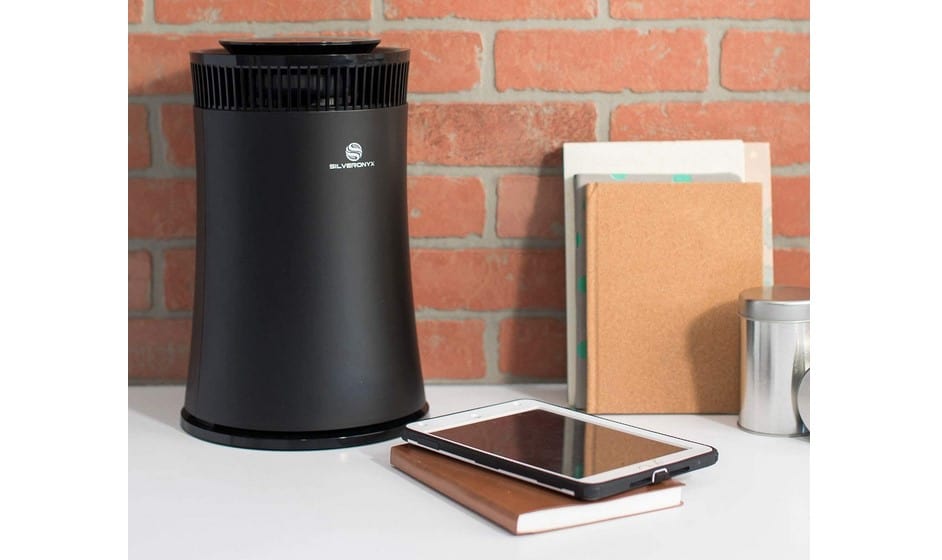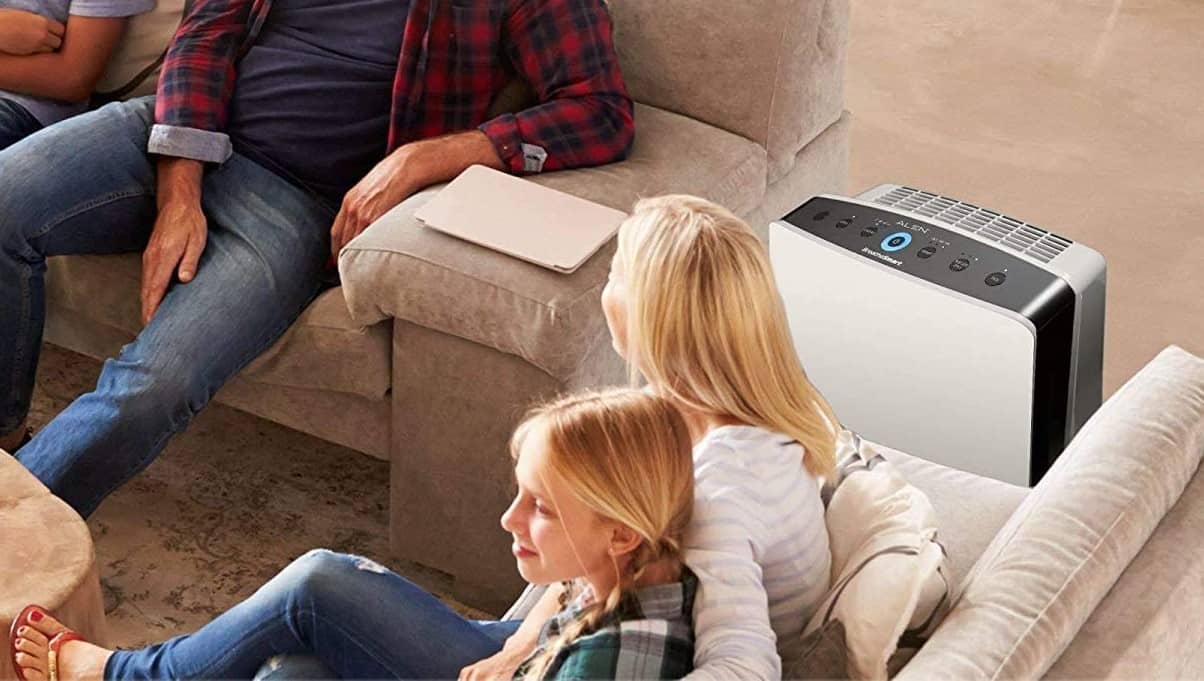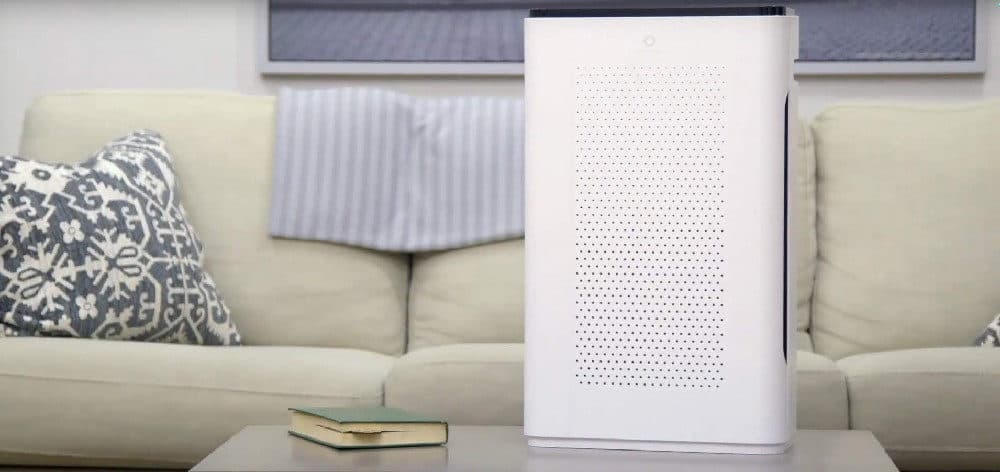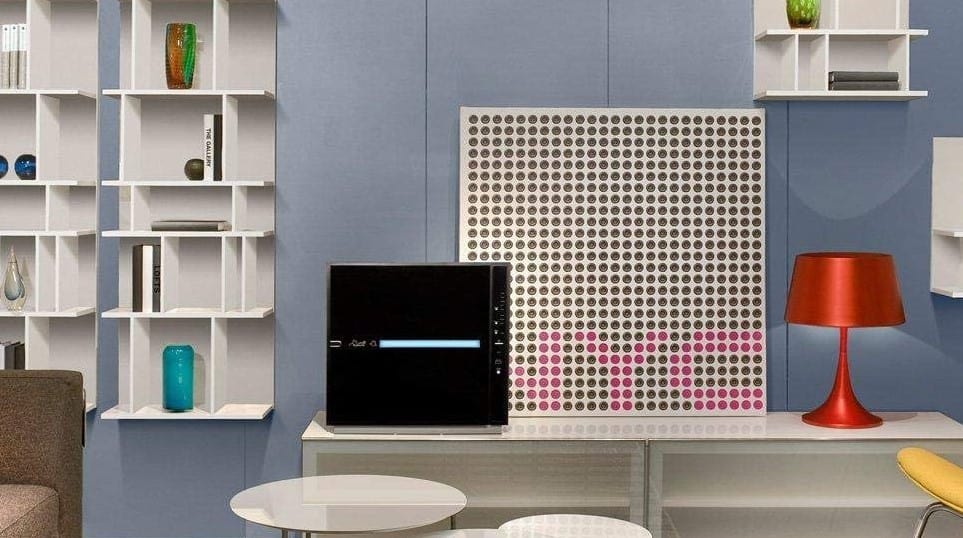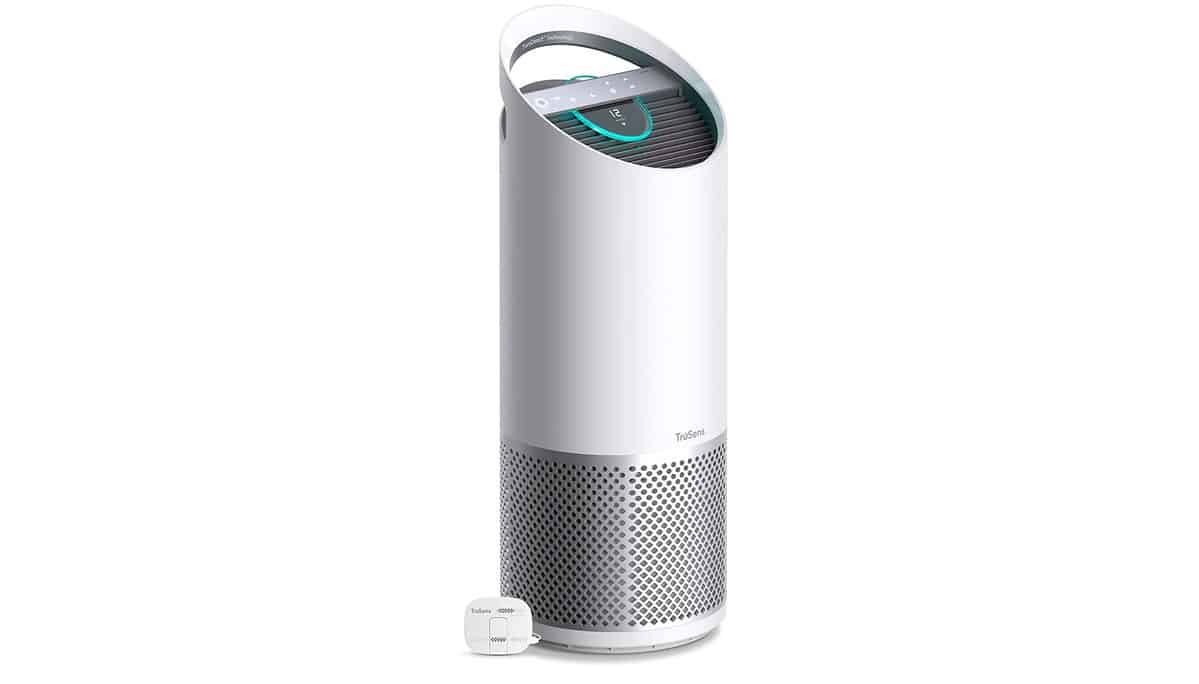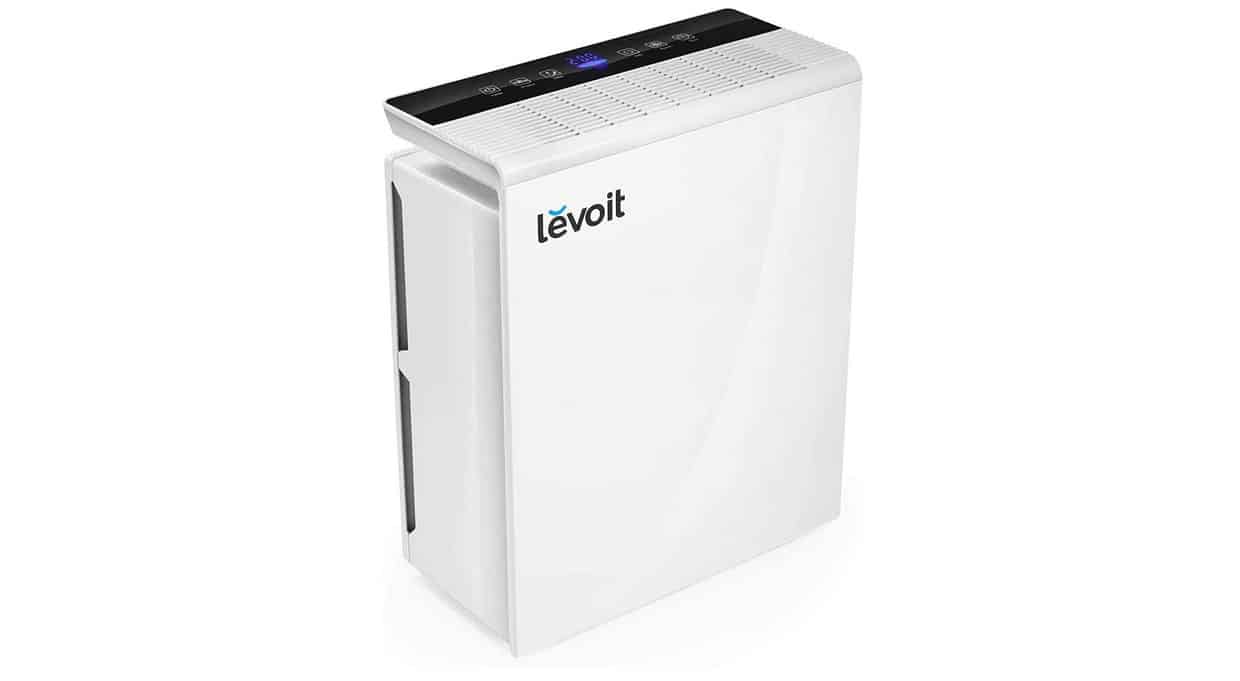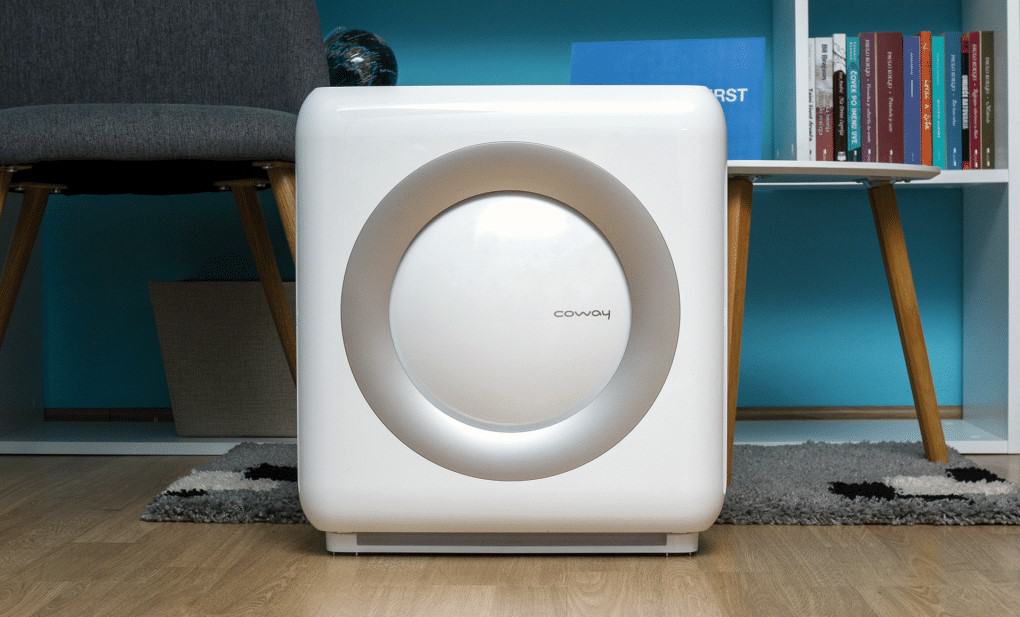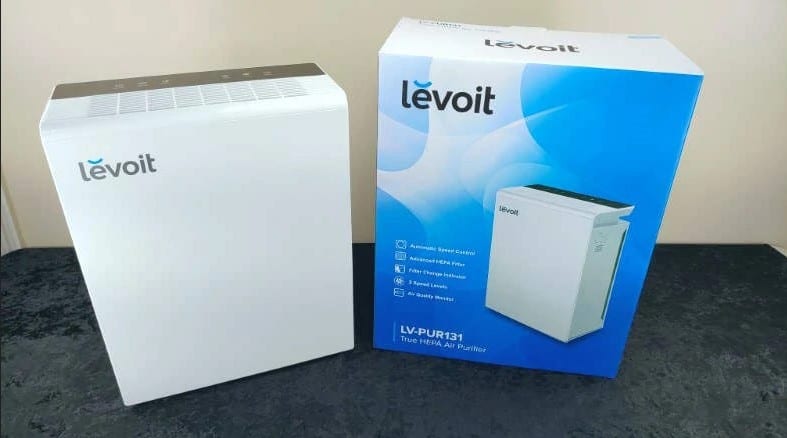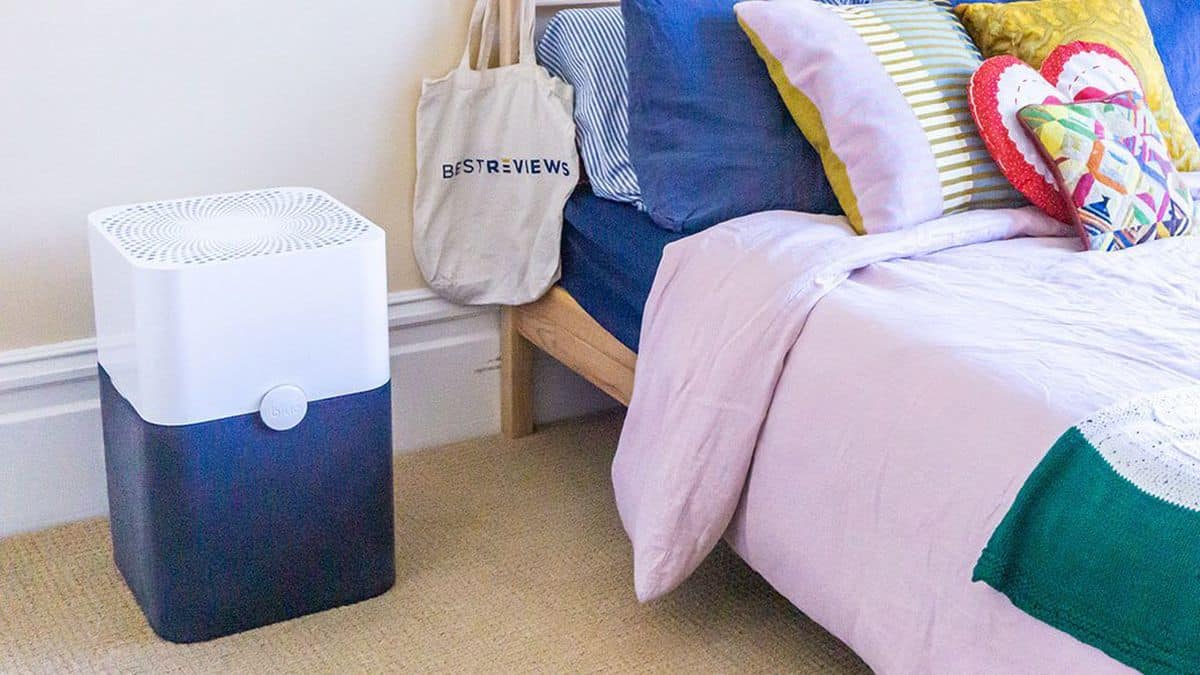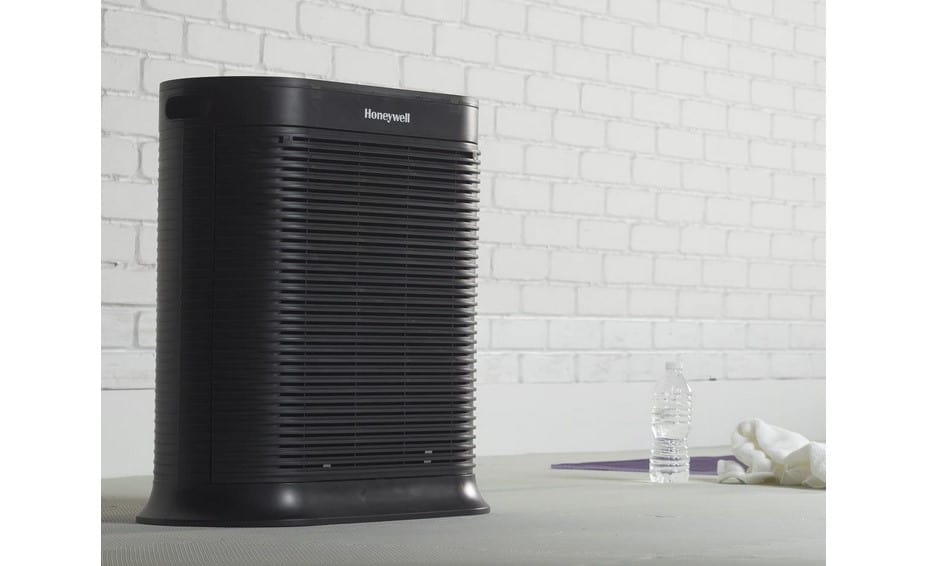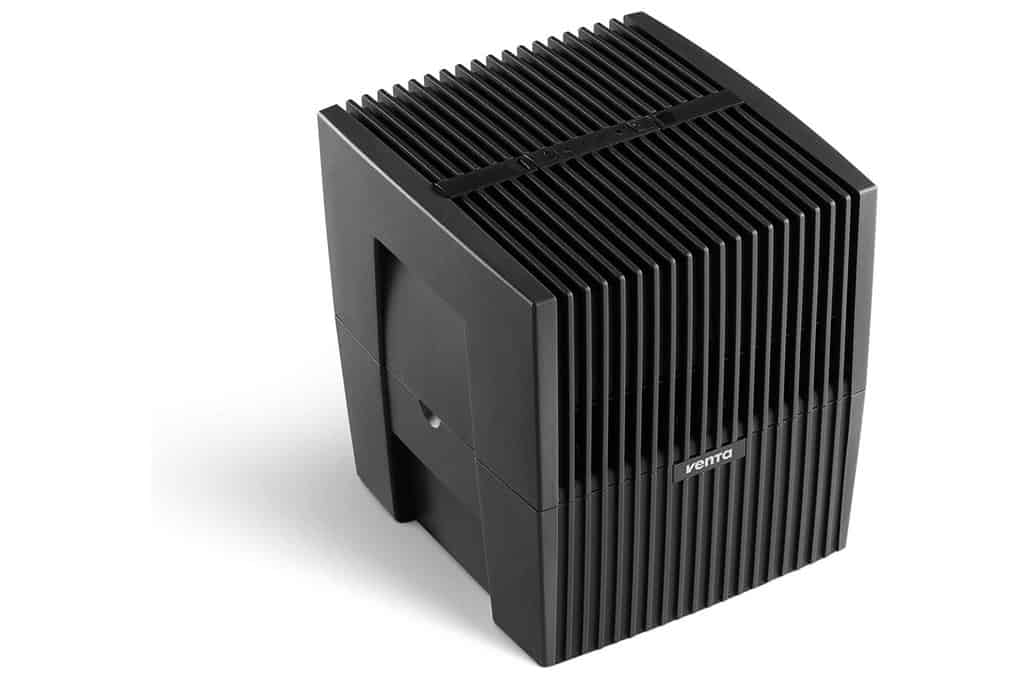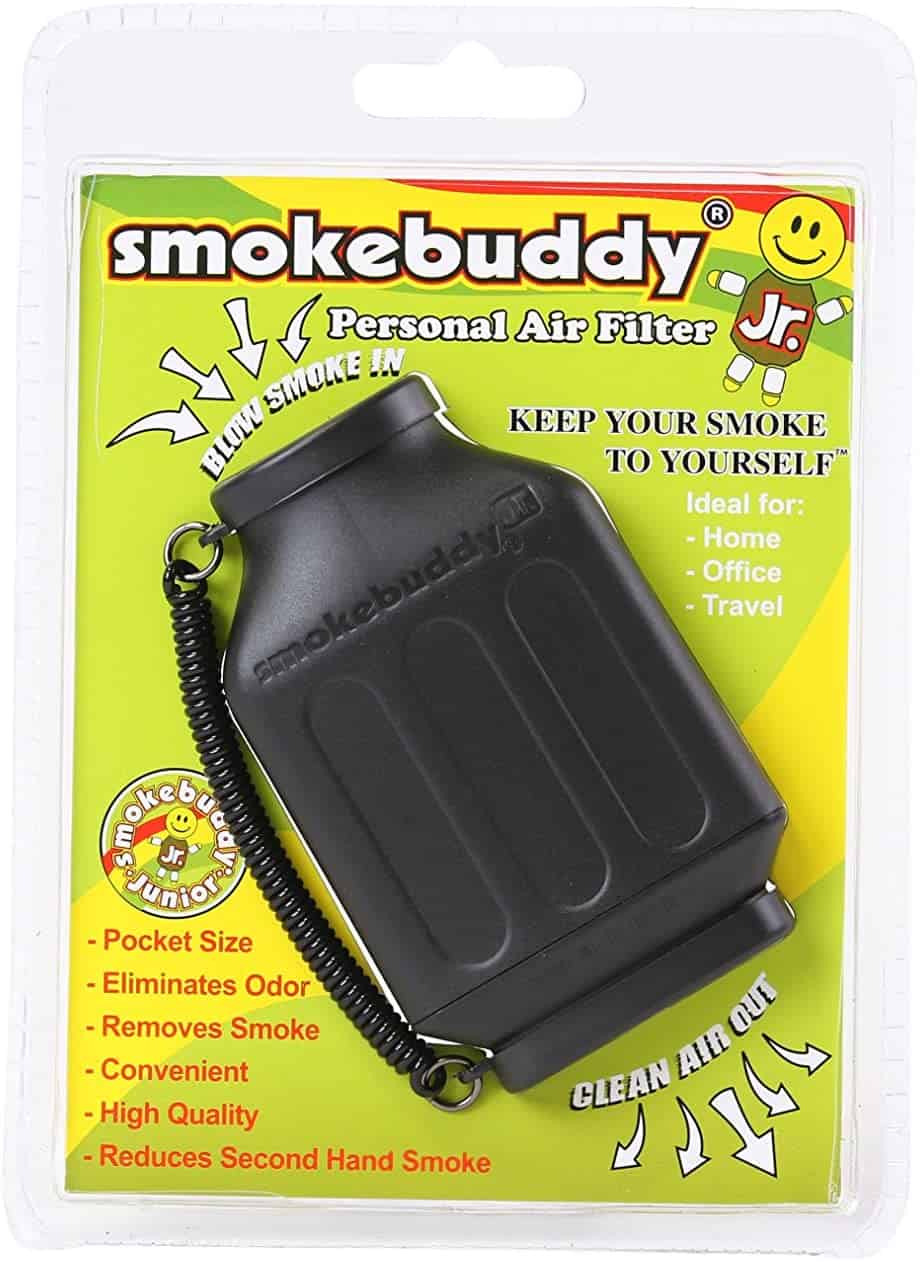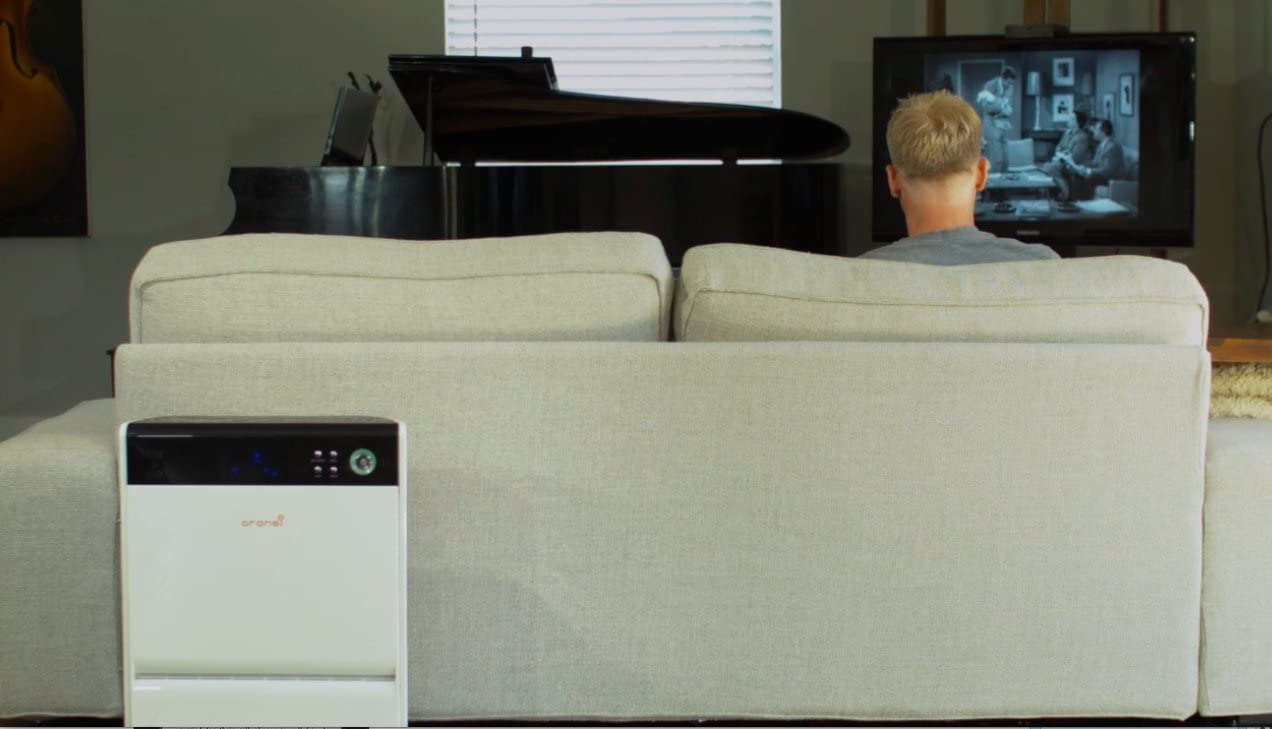Looking at the differences between a filter vs filterless air purifier can feel intimidating. From air ionizers to ultraviolet light, there is an endless list of purifiers to explore. Starting with comparing a filter and filterless type will give you a better understanding of air purification overall. Once you’re ready to make your decision, make sure you look into the best air purifiers available.
KEY TAKEAWAYS:
- A filter-free air purifier can pose a health risk if it produces any level of ozone as a byproduct or as an active cleaning agent.
- The Asthma and Allergy Foundation of America backs HEPA filters as the best for improving air quality and providing relief to allergy and asthma sufferers.
- Cost is a determining factor for most people since a filter-free air purifier doesn’t require you to buy replacement filters throughout its lifetime.
Comparing Filtered to Filterless Air Purifiers
Comparing a filter vs filterless air purifier means looking into the air cleaning technology involved. Generally, a filterless air purifier will not work as well as a filter purifier. Several different types of filters exist, however. A HEPA filter is the highest quality you can find and is backed by the Asthma and Allergy Foundation of America. Any method of removing airborne pollutants is better than nothing for those with preexisting conditions. While a fan might offer temporary relief, it won’t clean your air. For more information, read our article comparing a fan vs an air purifier.
Insider Tip
Keep your windows closed while you use an air-purifying system so that you aren’t filling your house with outdoor air pollution.
Removal of Airborne Contaminants
Different types of air purifiers cover various air-purifying contaminants. For example, a carbon filter is excellent at removing gaseous pollutants such as cigarette smoke. On the other hand, a HEPA filter will be better for removing dust particles. If dust mites have you down, stick with filter models. A filterless air purifier will not be as effective at removing indoor air pollution as filter-based air purifiers. In this comparison, the filter air purifier is the clear winner. You may be wondering why an air purifier is even necessary, however. Our article comparing fresh air vs an air purifier will reveal the reason why.
For more device comparisons, check out our articles on HEPA vs ionic air purifiers, air purifiers vs ozone generators, and UV vs ozone air purifiers.
Overall Cost and Initial Price Comparison
A filter air purifier will always have a higher overall. Filterless technology removes the need to replace a physical filter. Replacement air filters aren’t a recurring expense, but the cost adds up over the months. If you still want a filter air purifier, invest in a washable filter. These make all the difference in cutting costs. Another consideration is signing up for any lifetime warranty offered for these products. Whichever style you go with, a warranty will always come in handy.
Health Risks of Purification Byproducts
Airborne particles aren’t your only concern. Some filterless air purifiers use ozone as a cleaning agent, while others release the gas as a harmful byproduct. If you choose an ionic purifier, check your unit to ensure it doesn’t release harmful levels of ozone. And, make sure you know how to use your ionic ozone air purifier.
Reasons to Avoid Ozone Generators
Ozone generators can pose a considerable health risk. Ozone gas causes breathing issues and can be especially harmful to allergy sufferers or those with asthma symptoms. Avoid using any filterless air purifier that uses ozone as an active agent or creates it as a byproduct. Whole-house systems that use UV light are a safer alternative.
Warning
Avoid having ozone air purifiers in your home because they can cause serious health problems and exacerbate existing conditions.
F.A.Q.S
Are filterless air purifiers safe to use around children and pets?
Yes, a filterless purifier is perfectly safe. There are some filterless models you want to avoid, however. These include any type of air purifier that emits ozone gas. Studies have shown that ozone emissions can cause a multitude of health issues.
How do HEPA air purifiers compare to filterless ionic air purifiers?
An ionic air purifier will perform wonderfully but cannot compare to the powerful air filtration offered by HEPA filters. The HEPA’s mechanical filtration system catches harmful particles as small as 0.3 microns in size
What are the benefits of filterless air purifiers?
Using a filterless purifier means avoiding the additional cost of buying replacement filters. Their quiet operation makes them highly desirable, as well.
Do ionic air purifiers remove the bad odor in my home?
An ionic air purifier can remove odors, including tobacco smoke, mold, cooking, and more. If you need to remove foul smells from your home, an ionic purifier is a fine choice.
STAT: The HEPA filtration market is expected to grow to 455 million USD by 2025. (source)
REFERENCES:
- https://www.rehabmart.com/pdfs/p-series_filterless_air_purifier_user_manual.pdf
- https://www.epa.gov/sites/default/files/2018-07/documents/guide_to_air_cleaners_in_the_home_2nd_edition.pdf
- https://en.wikipedia.org/wiki/Air_ioniserr
- https://www.wikihow.com/Choose-an-Air-Purifier
- https://www.wikihow.com/Charge-an-Electric-Scooter

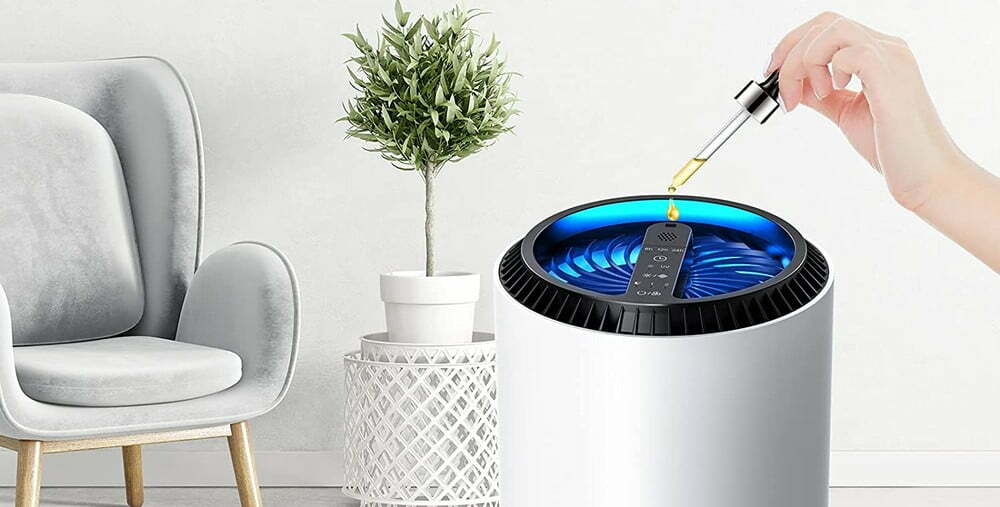













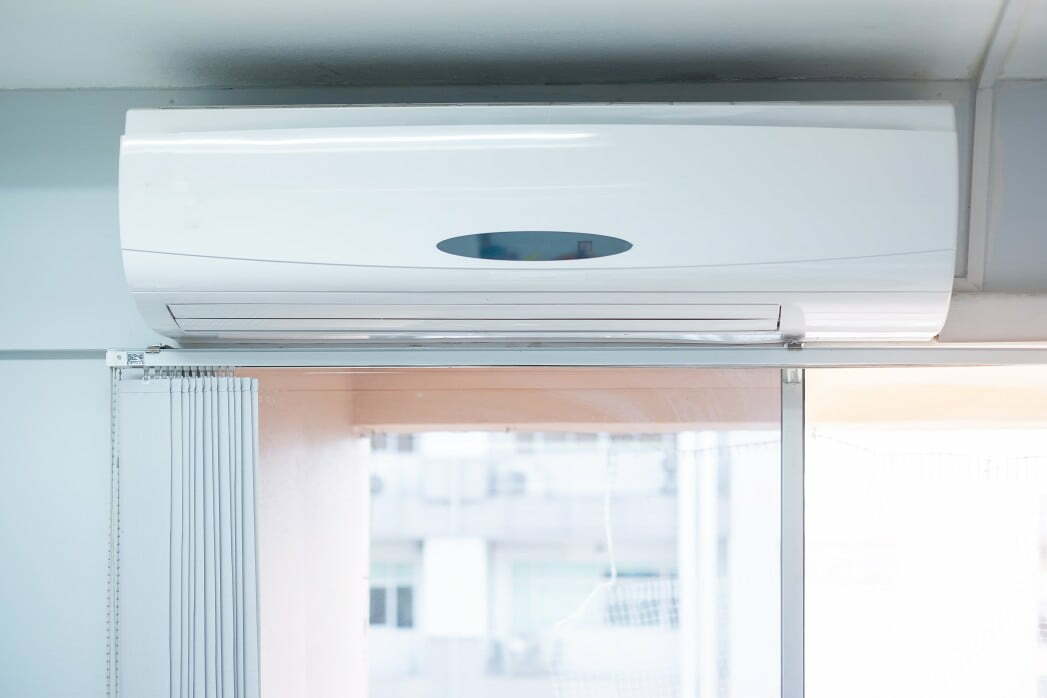
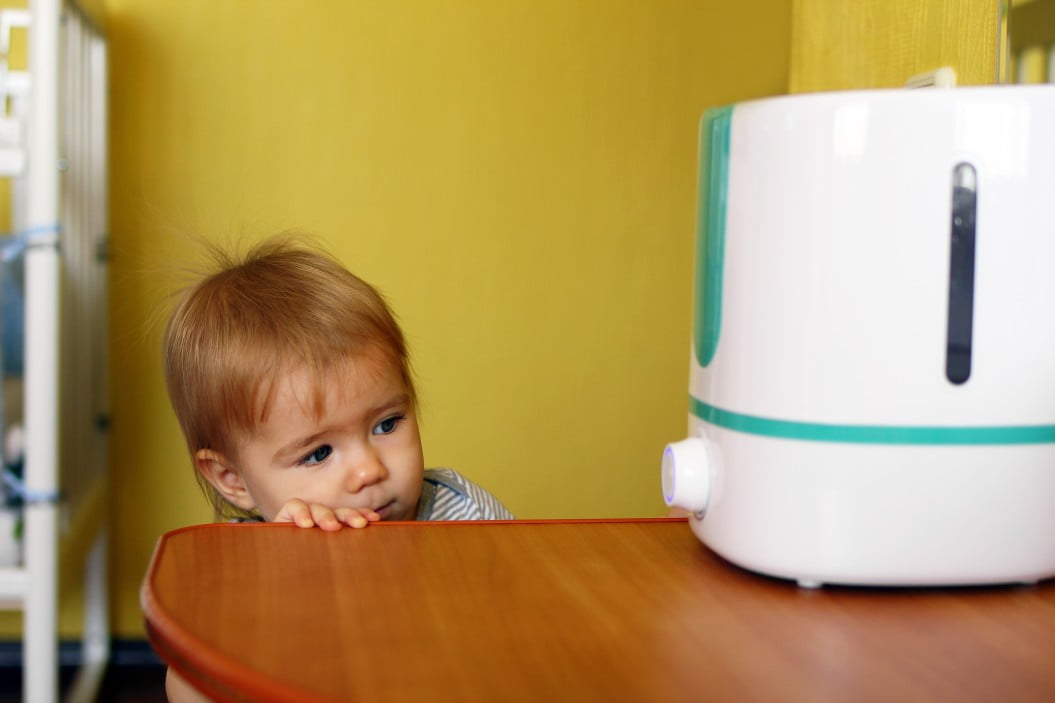
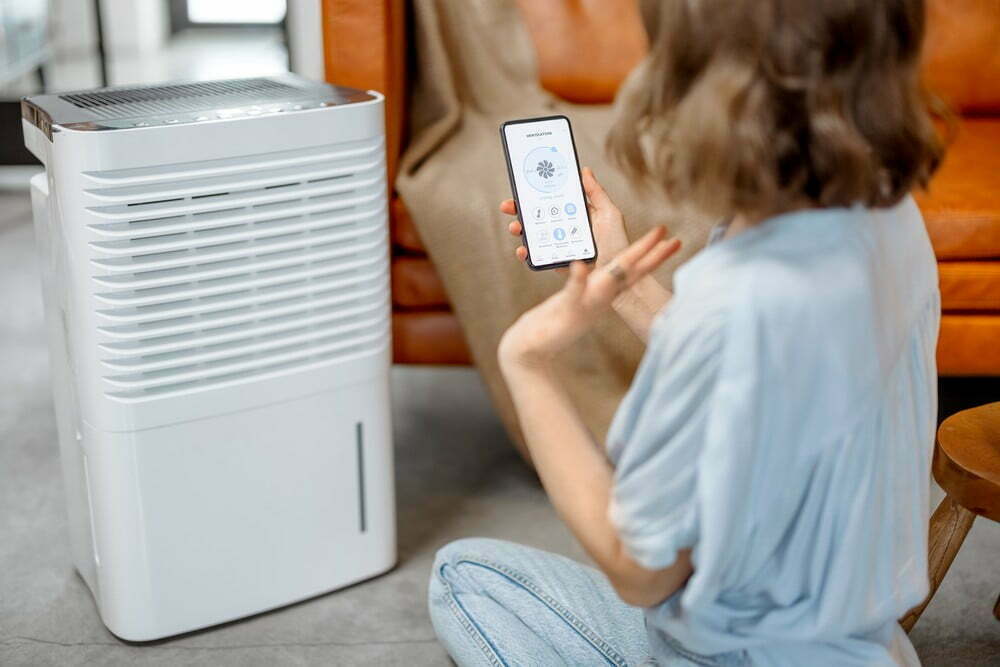
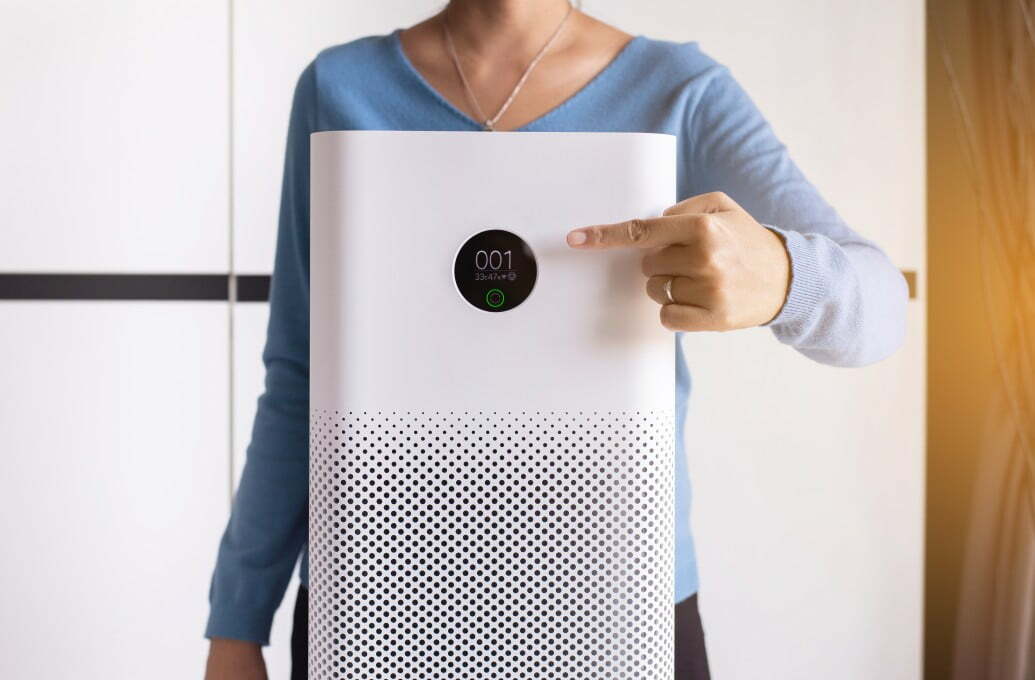
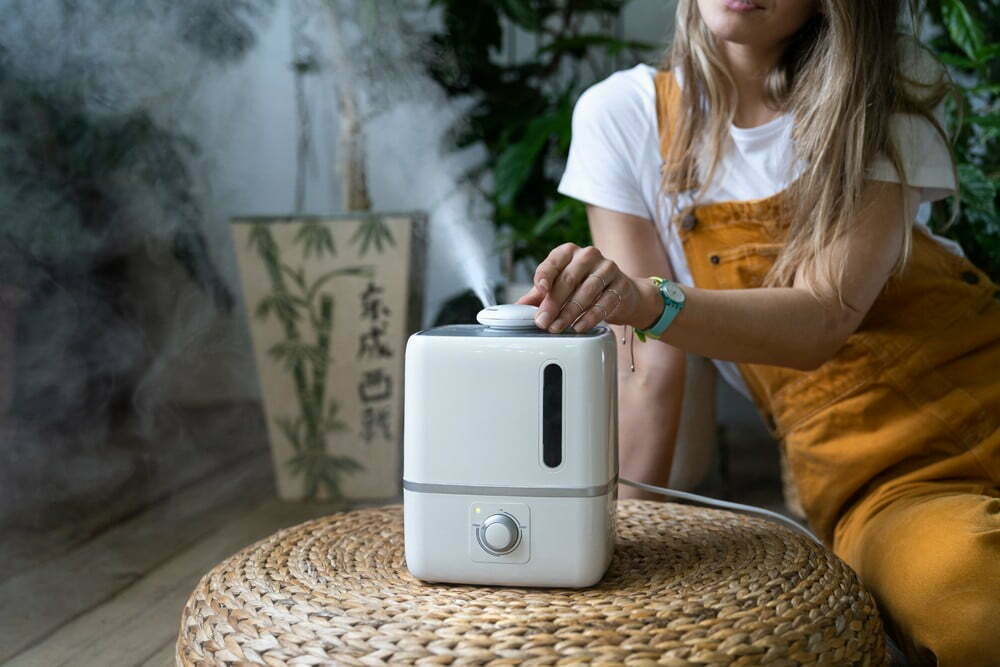


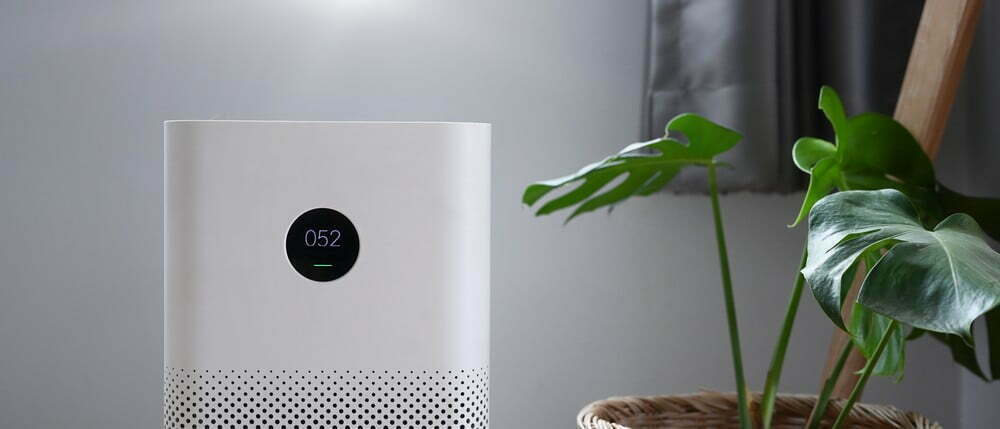
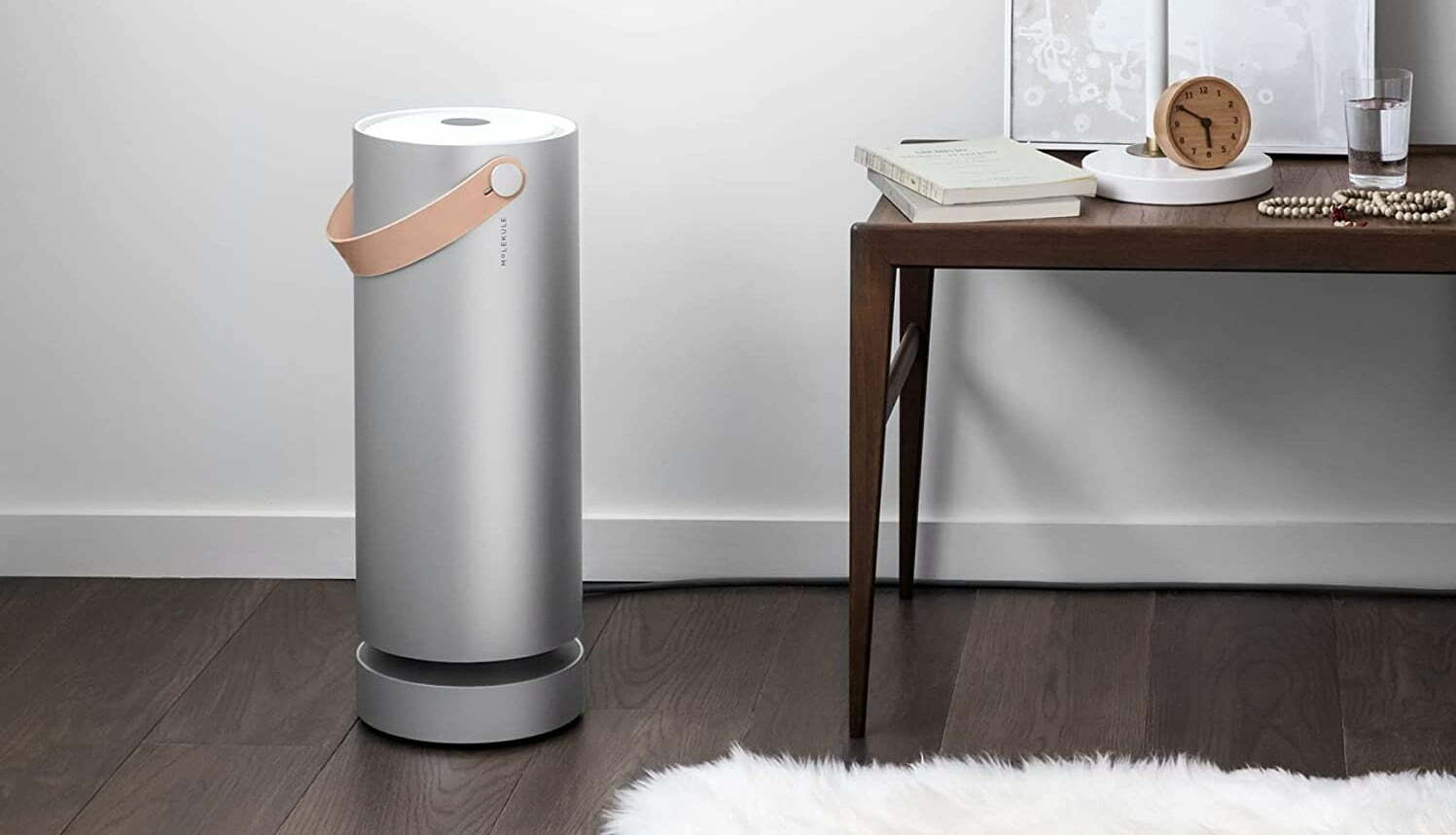
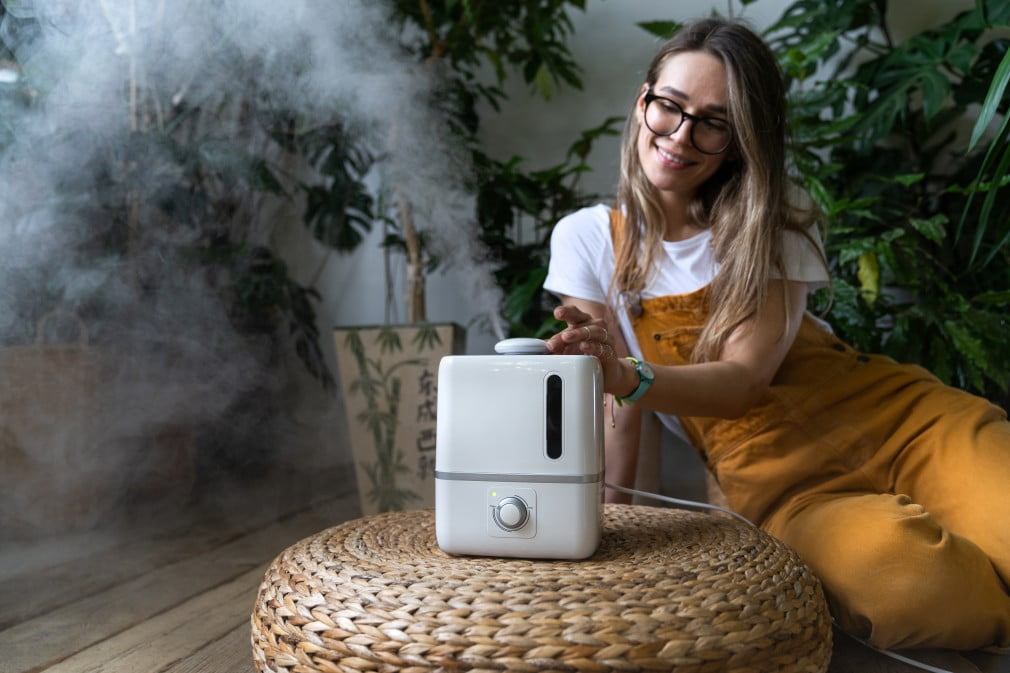
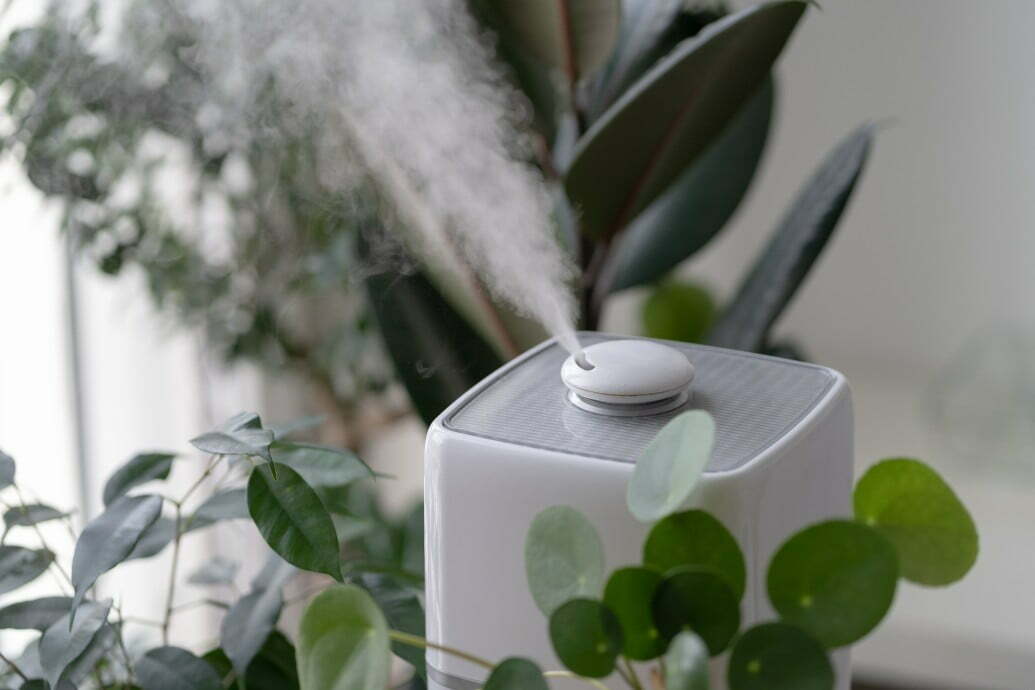
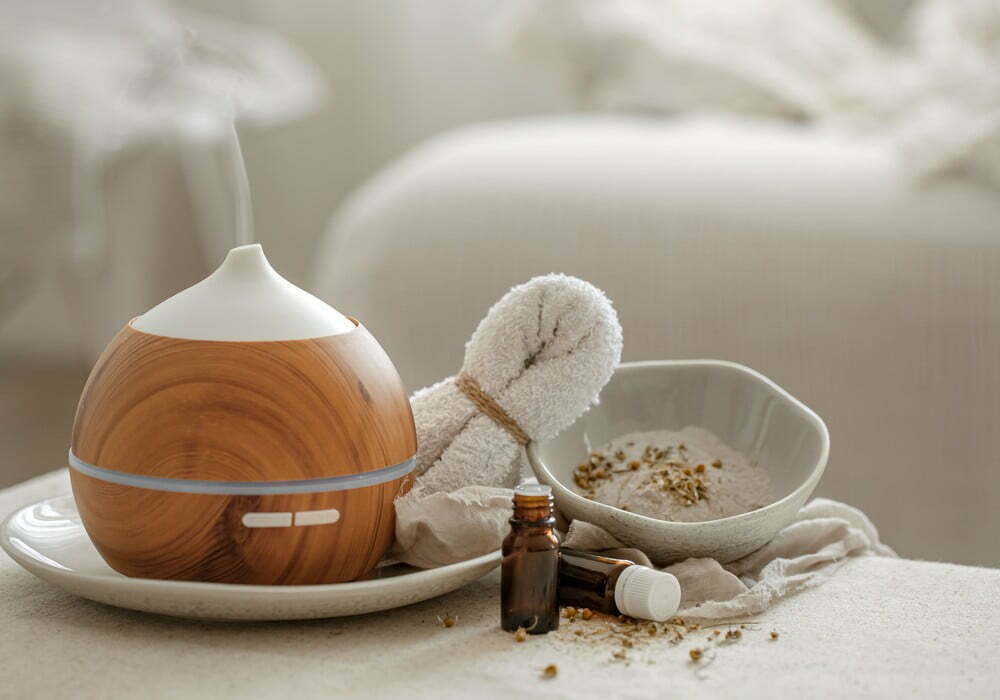
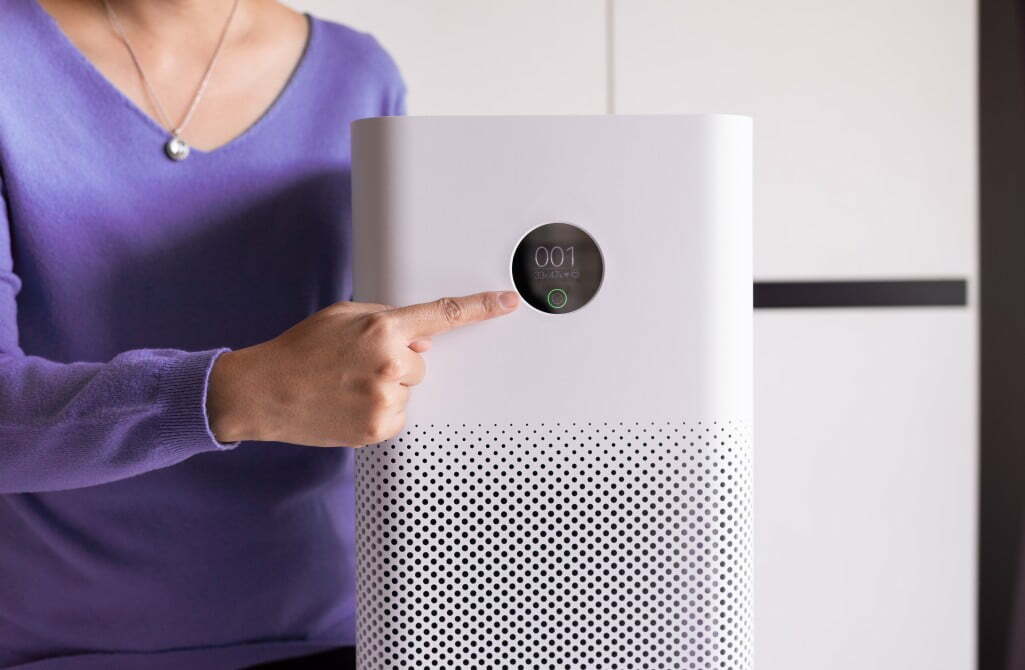
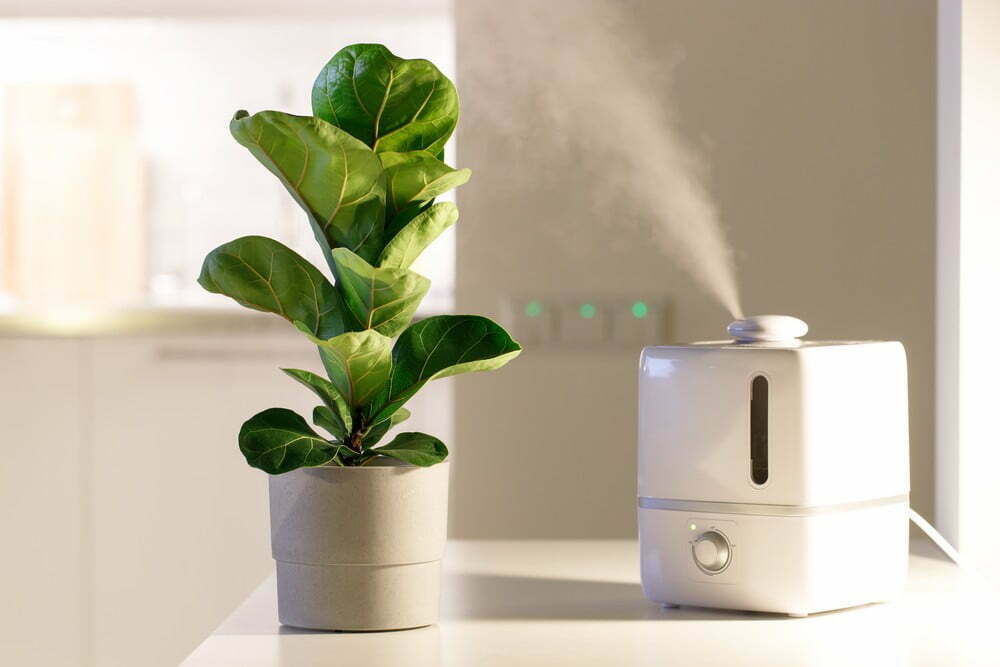

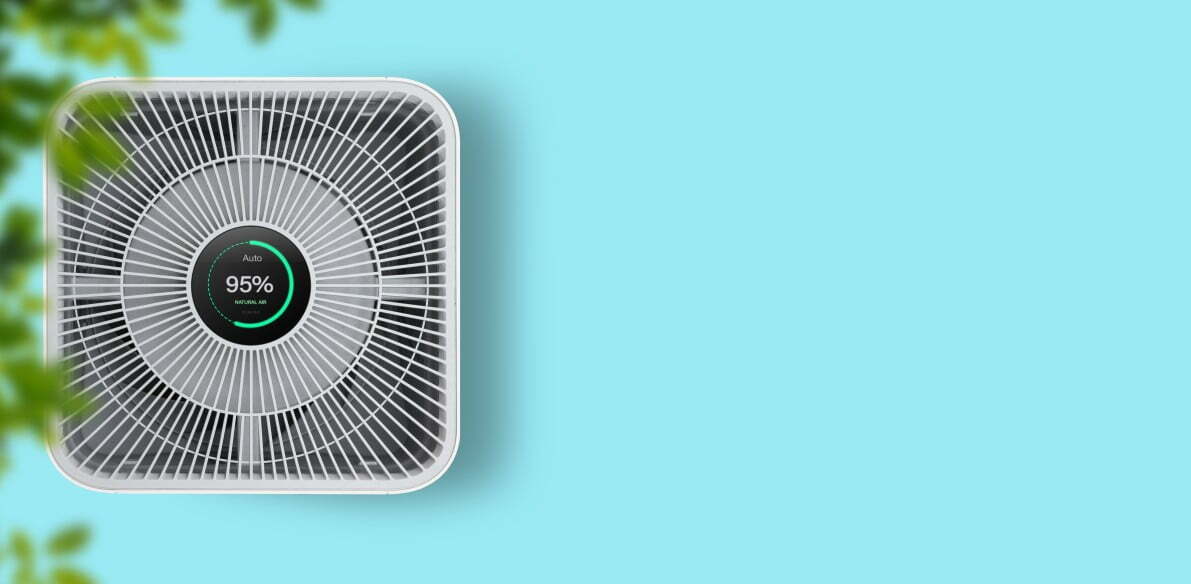
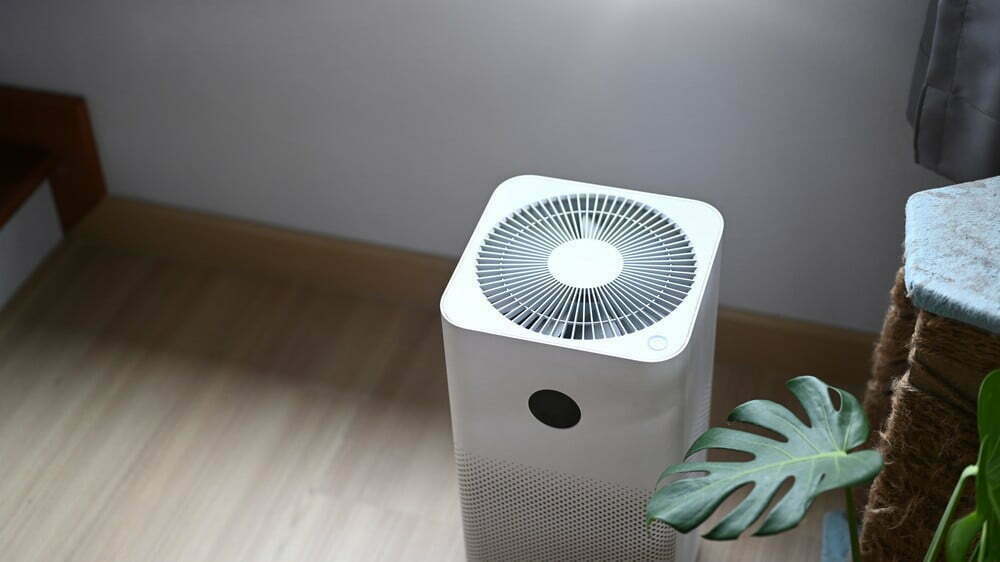
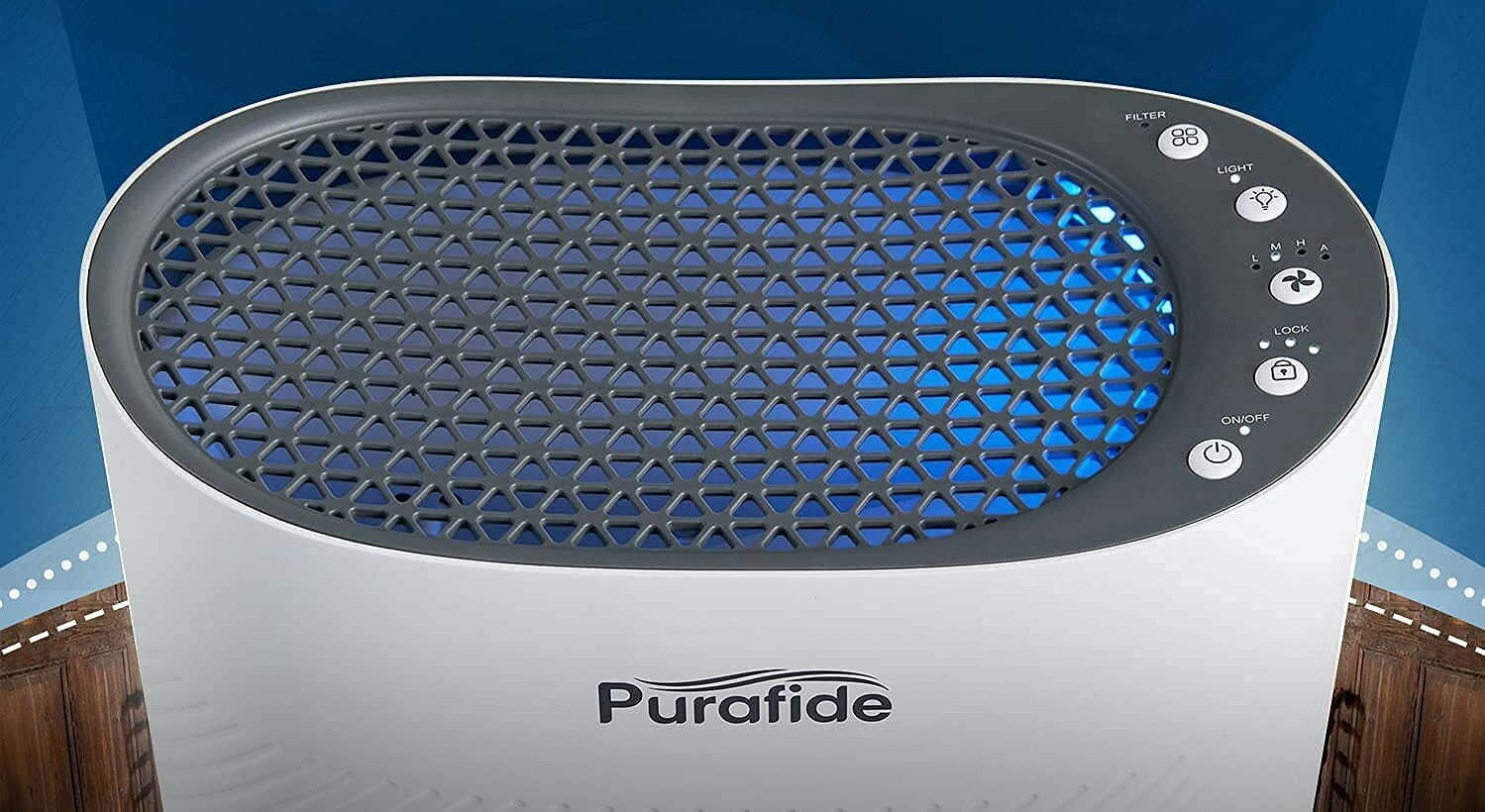
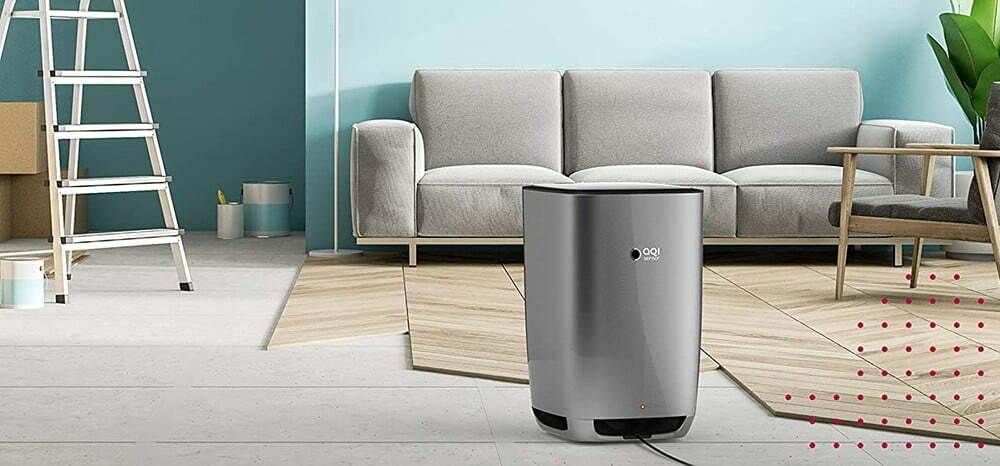
![Best Air Purifiers for VOCs and Formaldehyde in [year] 27 Best Air Purifiers for VOCs and Formaldehyde in 2026](https://www.gadgetreview.dev/wp-content/uploads/best-air-purifier-for-vocs-and-formaldehyde-image.jpg)
![Best Air Purifier in [year] ([month] Reviews) 28 Best Air Purifier in 2026 (January Reviews)](https://www.gadgetreview.dev/wp-content/uploads/Honeywell-True-HEPA-Allergen-Remover-HPA300-e1475603569442.jpg)
![Best Air Purifiers for Dust in [year] 29 Best Air Purifiers for Dust in 2026](https://www.gadgetreview.dev/wp-content/uploads/best-air-purifier-for-dust-image.jpg)
![Best Honeywell Air Purifiers in [year] 30 Best Honeywell Air Purifiers in 2026](https://www.gadgetreview.dev/wp-content/uploads/best-honeywell-air-purifier-image.jpg)
![Best Germicidal Air Purifiers in [year] 31 Best Germicidal Air Purifiers in 2026](https://www.gadgetreview.dev/wp-content/uploads/best-germicidal-air-purifier-image.jpg)
![Best Filterless Air Purifiers in [year] 32 Best Filterless Air Purifiers in 2026](https://www.gadgetreview.dev/wp-content/uploads/best-filterless-air-purifier-image.jpg)
![Best Levoit Air Purifiers in [year] 33 Best Levoit Air Purifiers in 2026](https://www.gadgetreview.dev/wp-content/uploads/best-levoit-air-purifier-image.jpg)
![Best Air Purifiers for Smoking Weed in [year] 34 Best Air Purifiers for Smoking Weed in 2026](https://www.gadgetreview.dev/wp-content/uploads/best-air-purifier-for-smoking-weed-image.jpg)
![Best Quiet Air Purifiers in [year] 35 Best Quiet Air Purifiers in 2026](https://www.gadgetreview.dev/wp-content/uploads/best-quiet-air-purifier-image.jpg)
![Best Desktop Air Purifiers in [year] 36 Best Desktop Air Purifiers in 2026](https://www.gadgetreview.dev/wp-content/uploads/best-desktop-air-purifier.jpg)
![Best Dyson Air Purifiers in [year] 37 Best Dyson Air Purifiers in 2026](https://www.gadgetreview.dev/wp-content/uploads/best-dyson-air-purifier.jpg)
![Best Air Purifiers for Dorm Room in [year] 38 Best Air Purifiers for Dorm Room in 2026](https://www.gadgetreview.dev/wp-content/uploads/air-purifier-for-dorm-room-1.jpg)
![Best Air Purifiers for Office in [year] 39 Best Air Purifiers for Office in 2026](https://www.gadgetreview.dev/wp-content/uploads/best-air-purifier-for-office.jpg)
![Best Air Purifiers for Basement in [year] 40 Best Air Purifiers for Basement in 2026](https://www.gadgetreview.dev/wp-content/uploads/best-air-purifier-for-basement.jpg)
![Best Air Purifiers For Odor in [year] 41 Best Air Purifiers For Odor in 2026](https://www.gadgetreview.dev/wp-content/uploads/best-air-purifier-odor.jpg)
![10 Best Personal Air Purifiers in [year] 42 10 Best Personal Air Purifiers in 2026](https://www.gadgetreview.dev/wp-content/uploads/best-personal-air-purifiers.jpg)
![10 Best Plug In Air Purifiers in [year] 43 10 Best Plug In Air Purifiers in 2026](https://www.gadgetreview.dev/wp-content/uploads/best-plug-in-air-purifier-image.jpg)
![10 Best Whole House Air Purifiers in [year] 44 10 Best Whole House Air Purifiers in 2026](https://www.gadgetreview.dev/wp-content/uploads/best-whole-house-air-purifier-image.jpg)
![10 Best Large Room Air Purifiers in [year] 45 10 Best Large Room Air Purifiers in 2026](https://www.gadgetreview.dev/wp-content/uploads/Coway-Airmega-200M-Large-Room-Air-Purifier-900x900-1.png)
![10 Best UV Air Purifiers in [year] 46 10 Best UV Air Purifiers in 2026](https://www.gadgetreview.dev/wp-content/uploads/best-uv-air-purifier.jpg)
